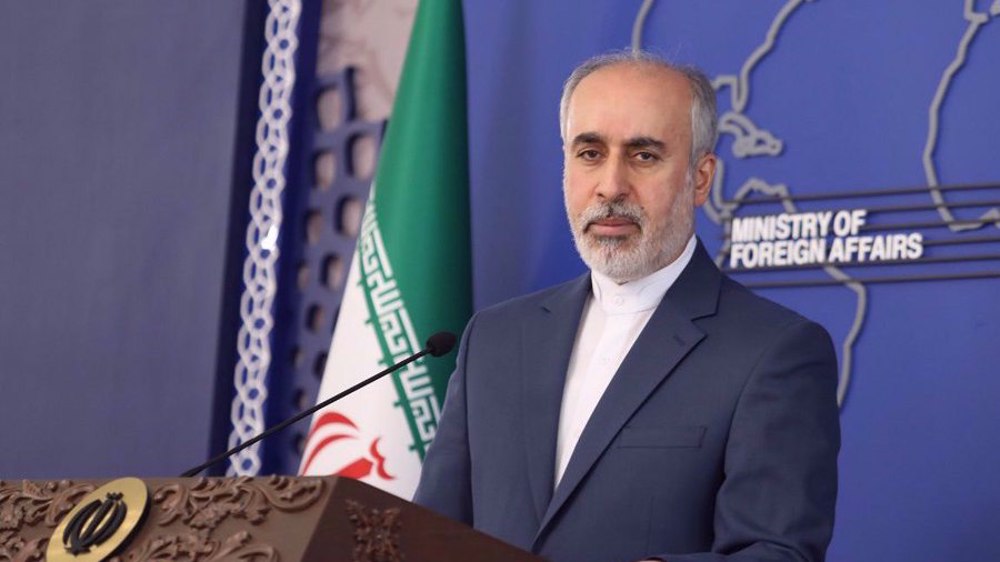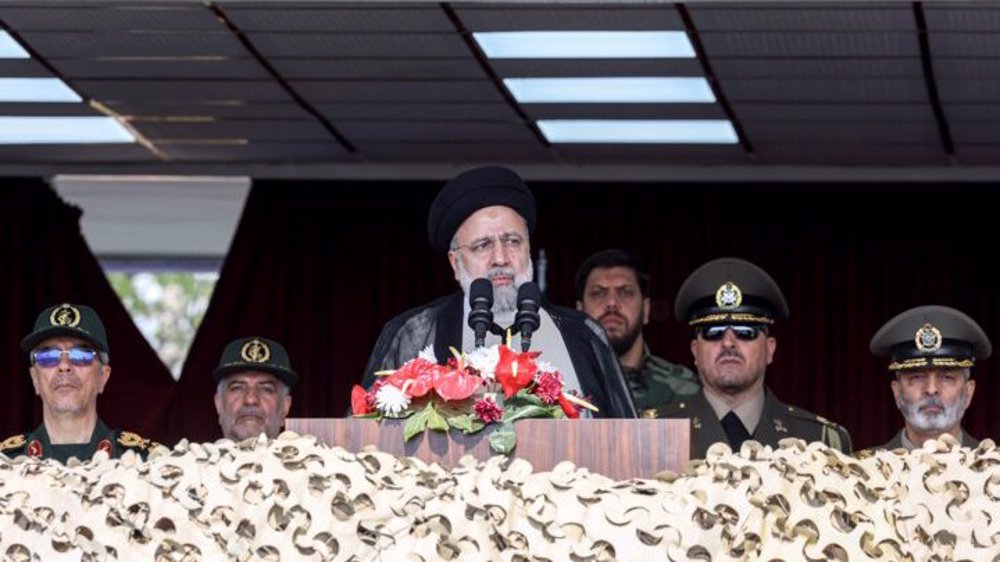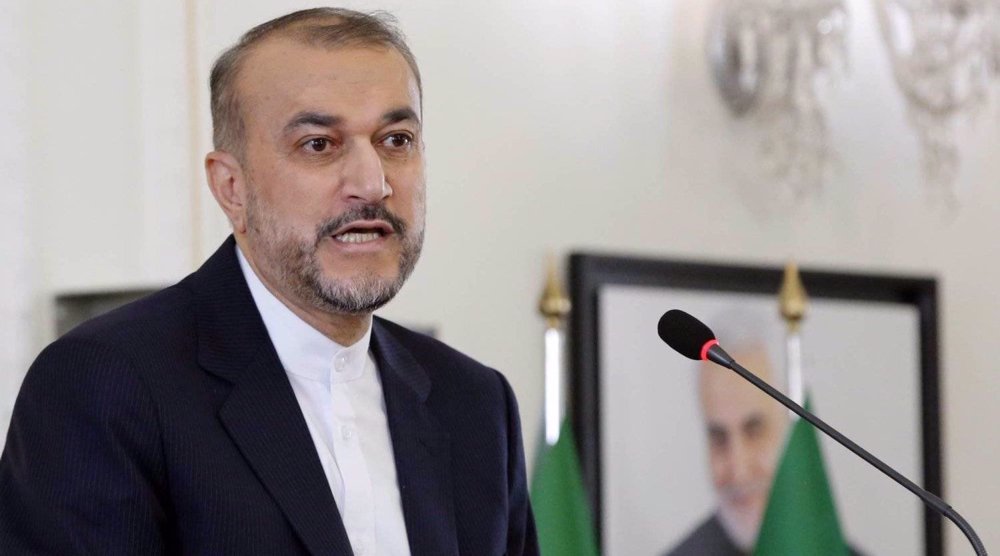Iran will work to sustain nuclear deal: Zarif
Iranian Foreign Minister Mohammad Javad Zarif says his top priority is to ensure that a 2015 nuclear deal between Iran and six other countries will stand.
Speaking in a televised interview on Sunday night, Foreign Minister Zarif said the ministry under his watch would work first and foremost to keep the Joint Comprehensive Plan of Action (JCPOA) in place.
“Priority number one of the diplomatic apparatus will be to sustain the JCPOA and to prevent America’s deal-breaching,” he said. “We must not allow America to execute or violate the deal at Iran’s cost.”
He said the JCPOA had been built on distrust and envisaged the necessary rules to deal with non-performance by parties.
Earlier in the day, Zarif had received a favorable vote of confidence at the Iranian Parliament (Majlis) to work as foreign minister in President Hassan Rouhani’s second cabinet. During a final debate at the Parliament, President Rouhani, who was in attendance to defend his cabinet picks, stressed the preservation of the JCPOA.

The JCPOA, a major foreign policy achievement of President Rouhani’s first term, was finalized between the Islamic Republic on the one side and the United States, the UK, France, Russia, China, and Germany on the other in July 2015.
Zarif was Iran’s chief negotiator in the multilateral talks that culminated in the deal.
When it started being implemented some six months after conclusion, the deal terminated all nuclear-related sanctions against Iran in return for certain measures by the Islamic Republic to limit its nuclear program.
But the new US administration has been unhappy with the deal, which was negotiated under the administration of former president Barack Obama. The new White House occupant has attempted to undo every one of Obama’s major policy achievements.
And that includes the Iran deal.
Trump has adopted a hostile posture toward the JCPOA even as his administration has certified Iranian compliance twice so far, allowing for the continued waiving of certain sanctions against Iran. After the second certification, Trump assigned a team of his White House confidantes to search for and offer to him “options” to potentially decertify Iranian compliance. He had wanted the State Department to search for such options previously, but the department had come up empty-handed.
Also during a recent summit of the G20 in Germany, Trump attempted to urge European countries not to do business with Iran. That activity by the US president constituted a violation of the text of the JCPOA, according to Iran.
All of that Trump administration rhetoric and action has strengthened speculation and concern that the US may want to unilaterally pull out of the deal. Iran has been in contact with its European partners to urge against American non-performance but has said it is prepared for any scenario.
Relations with neighbors & economic diplomacy
Elsewhere in his Sunday interview, Zarif said the enhancement of relations with Iran’s neighbors and activating economic diplomacy were two other major priorities.
“We are in a region, where, unfortunately, there are upheavals and turbulence stemming from the wrong policies of [certain] regional countries, dangerous foreign interventions, and a surge in extremism,” he said. “Our region needs calm.”
He also said Iranian diplomacy had to facilitate the country’s development.
“In the past,” he said, “foreign policy was not only incapable of helping our development but also incurred costs, because of pressure by foreign powers.”
Things had changed under President Rouhani, he said.
The Iranian foreign minister suggested that the JPCOA had removed barriers in the way of trade with Iran by removing United Nations Security Council resolutions that had been imposed under Chapter VII of the UN Charter.
Zarif said that would also help a revitalized Iranian role in international organizations on the issue of human rights. He said Iran had to play that role more strongly now.
VIDEO | Time to halt military operations in besieged Gaza: Italy
President Raeisi: Iran to make Israel rue 'slightest attack'
US, UK imposes new sanctions on Iran over retaliation against Israel
Storm aftermath exposes chaos in Dubai after UAE hit by record rains
VIDEO | Israel’s humiliation
Russia: New US aid for Ukraine fails to change military situation
China slams Biden over 'xenophobic' and 'cheating' claims
VIDEO | Erdogan breaks silence, backs Iran’s reprisal attack on Israel














 This makes it easy to access the Press TV website
This makes it easy to access the Press TV website